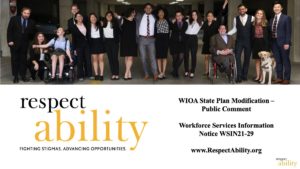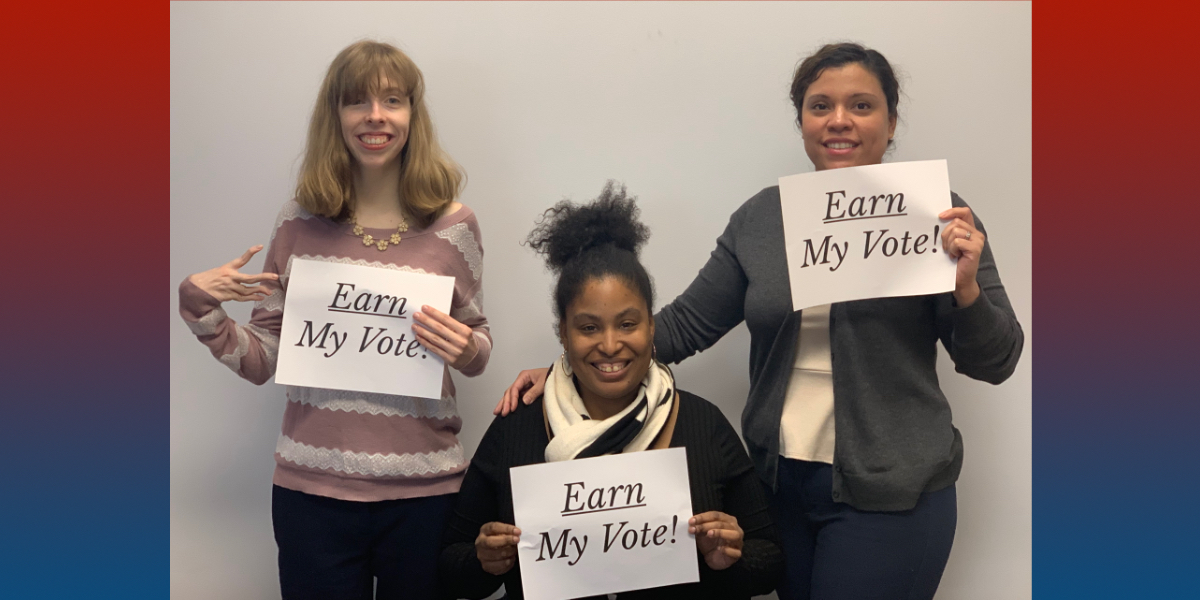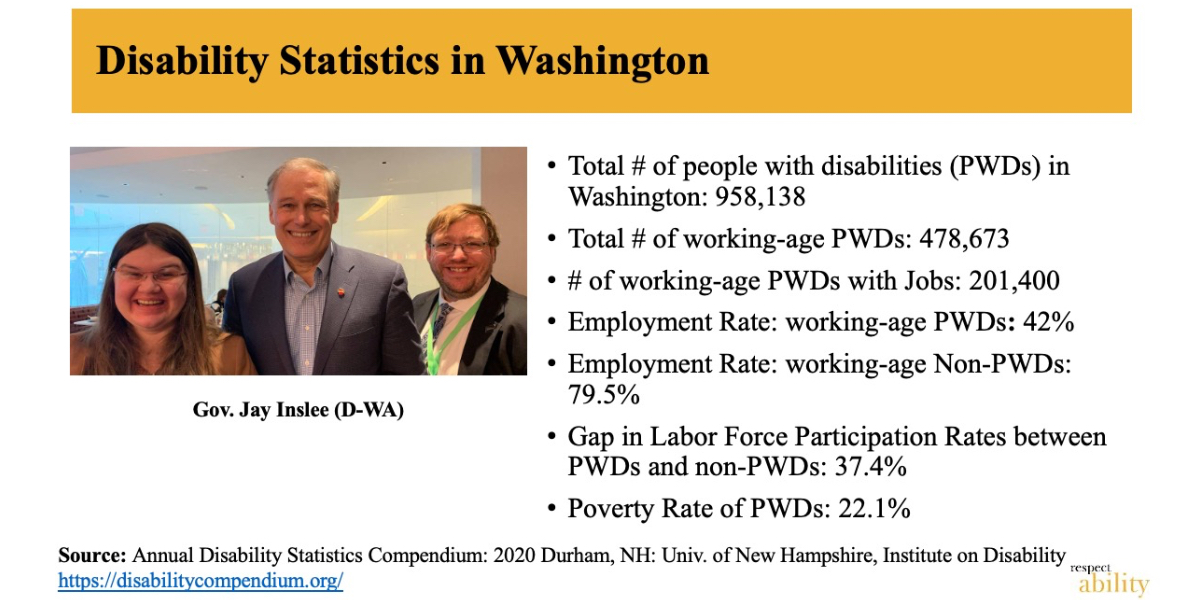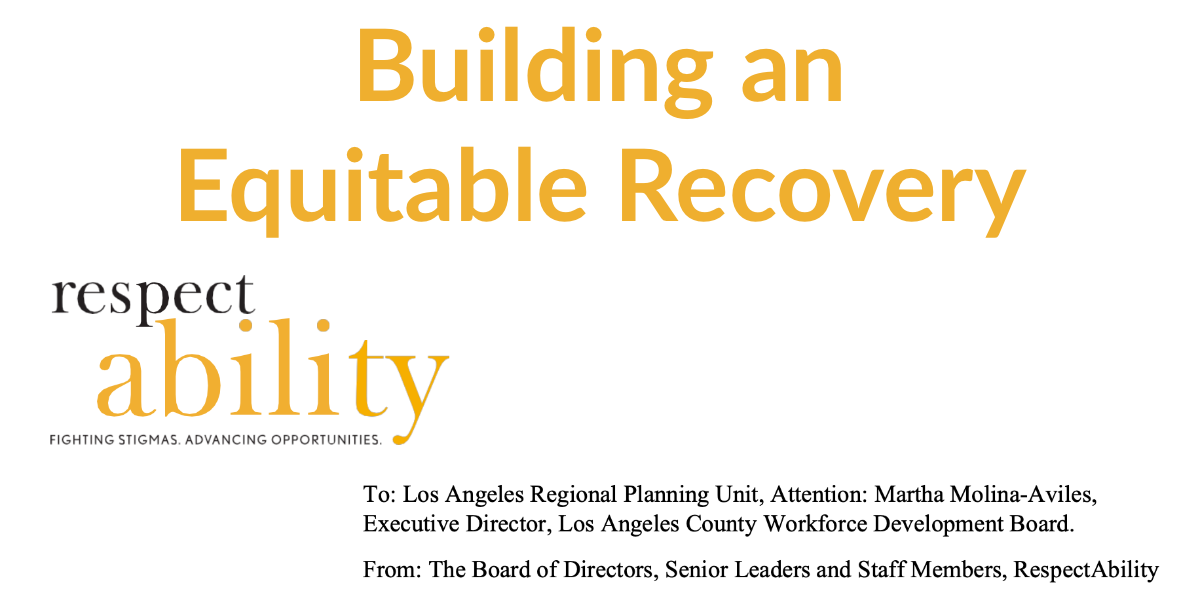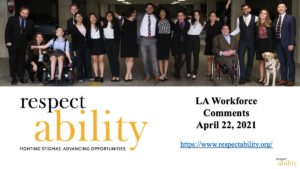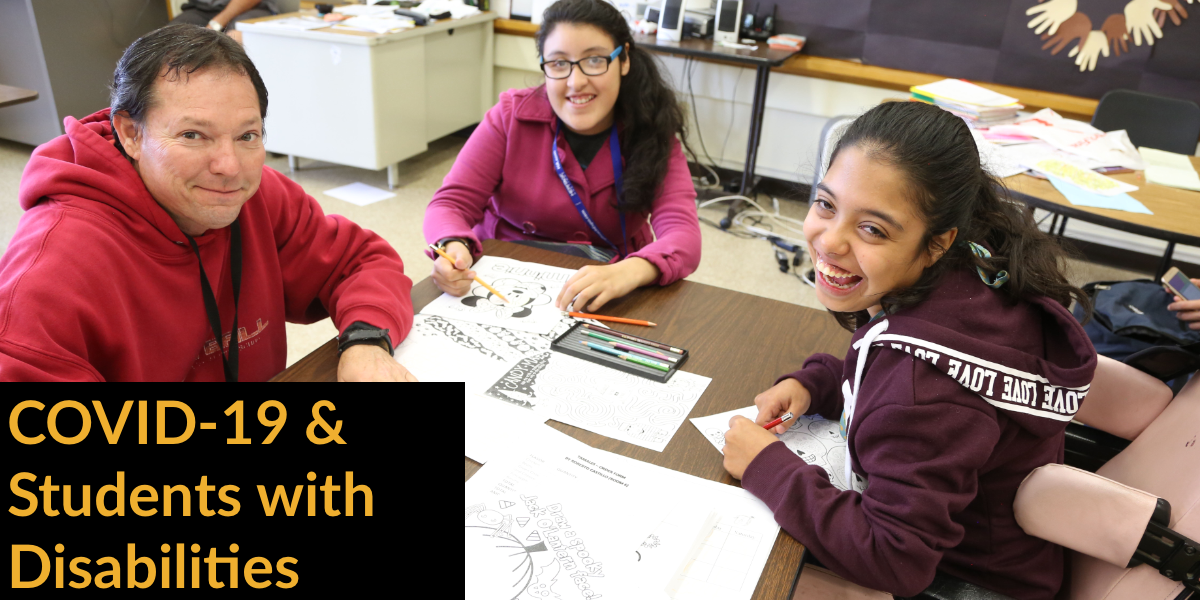Sacramento, CA, February 14 – How will the great state of California invest millions of federal and state dollars in support of jobseekers across the state? This is the central question at stake as the California Workforce Development Board publicly discusses further changes to the state’s California’s Unified Strategic Workforce Development Plan (State Plan) 2020-2023 Modification. In response, and in collaboration with partner organizations across the state, RespectAbility, a national, nonpartisan nonprofit organization, submitted testimony on how to implement best practices, advocate for greater inclusion and improve the standing of people with disabilities in the workforce.
“When it was passed with broad, bipartisan support in 2014, the Workforce Innovation and Opportunity Act (WIOA) invested unprecedented resources into efforts to get people with barriers to employment into the labor force,” said Olegario “Ollie” Cantos VII, RespectAbility’s Chairman. “Now, after the pandemic that has reshaped our economy, it is time to devote significant attention to supporting the economic advancement of students, job-seekers, and entrepreneurs with disabilities. We are glad to see the California board’s efforts to solicit public feedback and we are eager to collaborate on effective solutions for jobseekers with significant barriers to employment.”
There are more than 1.9 million working age (18-64) Californians living with some form of disability. Before the pandemic, 38.2 percent of the working age population of people with disabilities were employed. It is critical that California’s state workforce board listen to the individuals with disabilities and advocates impacted by these unemployment rates. In order to make the workforce more inclusive, and to find practical ways to make the workforce more accessible for the entire population, RespectAbility collects, summarizes, and publicizes ideas on key workforce solutions. To learn more about RespectAbility’s advocacy work, please visit our Policy website.

